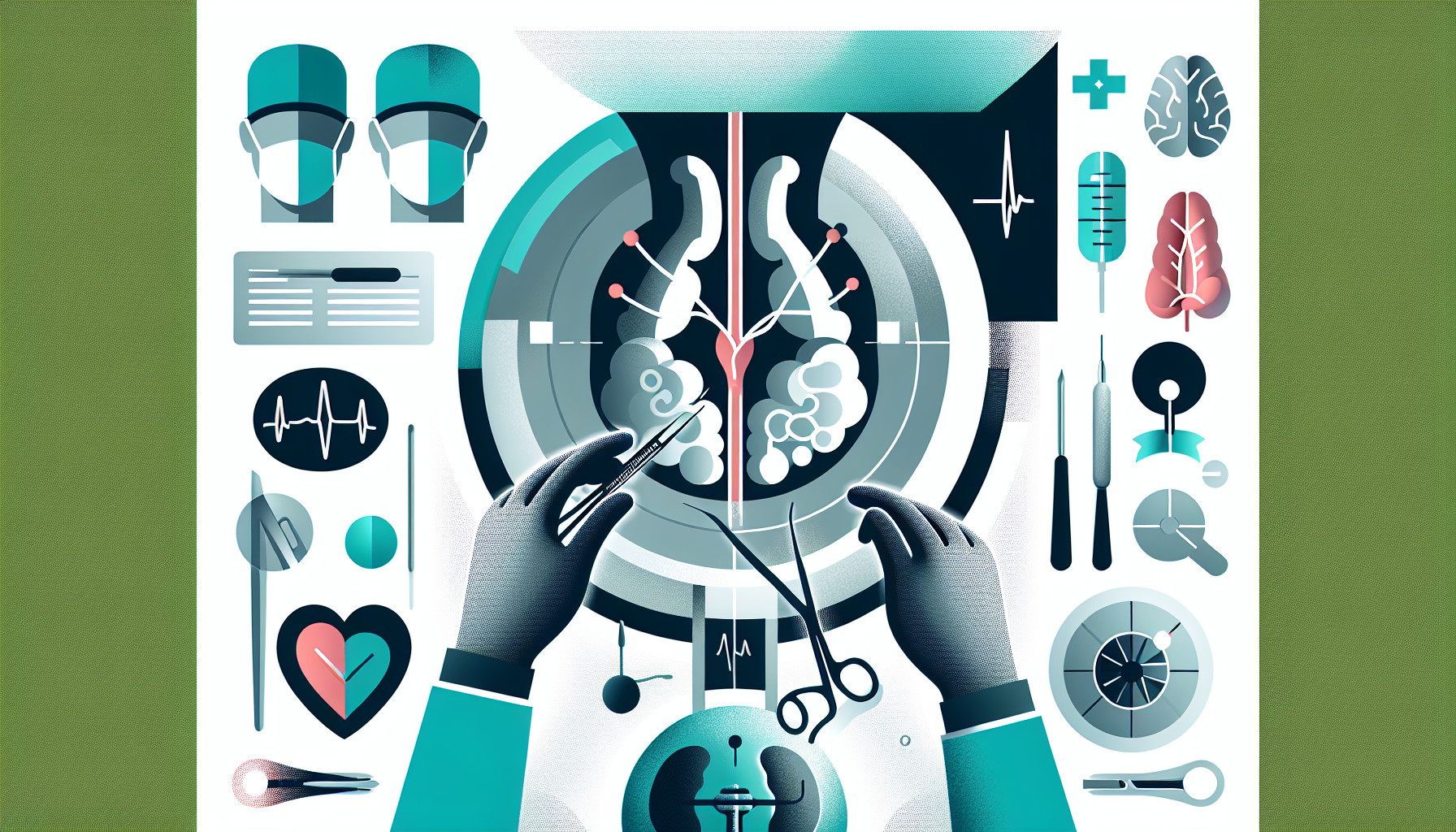Our Summary
This research looked at infection rates in patients who had penile prosthesis surgery. The study compared two methods used during surgery: one using a combination of antibiotics (rifampin/gentamicin for dip and vancomycin/gentamicin for irrigation) and the other using a solution called Chlorhexidine gluconate (CHG) (0.05%) for both dip and irrigation.
The results showed that the group of patients that had the CHG solution used in their surgery had a higher rate of post-surgery infections than the group that had the antibiotics. This was true both for patients who were having the surgery for the first time and for those who were having it redone.
In addition to the use of CHG, the study also found that other factors increased the risk of infection. These included having diabetes, the surgery taking a long time, and the surgery being a redo rather than the first time.
Therefore, the study suggests that surgeons should be cautious about using the CHG solution for dip and irrigation during penile prosthesis surgery until there is strong clinical evidence showing it’s as good as using antibiotics.
It’s important to note that this is the first study of its kind and it wasn’t randomized, but it still included a large number of patients.
FAQs
- What were the two methods compared in the study for penile prosthesis surgery?
- What factors were found to increase the risk of infection in the patients undergoing penile prosthesis surgery?
- What does the study suggest about using the CHG solution during penile prosthesis surgery?
Doctor’s Tip
A doctor might advise their patient to discuss the use of antibiotics with their surgeon before undergoing penile implant surgery to reduce the risk of post-surgery infections.
Suitable For
Patients who are typically recommended for penile implant surgery are those who have erectile dysfunction that has not been successfully treated with other methods such as medication or vacuum devices. Patients with conditions such as Peyronie’s disease, spinal cord injuries, or other medical conditions that affect blood flow to the penis may also be candidates for penile implant surgery. Additionally, patients who have had prostate cancer surgery or other treatments that have resulted in erectile dysfunction may also be recommended for penile implant surgery.
Timeline
Before penile implant surgery:
- Patient consults with urologist to discuss treatment options for erectile dysfunction.
- Patient undergoes physical examination and medical history review to determine if they are a suitable candidate for penile implant surgery.
- Patient may be required to undergo testing such as blood work or imaging studies to assess their overall health.
- Surgery date is scheduled and patient receives pre-operative instructions.
After penile implant surgery:
- Patient undergoes surgery to have the penile implant inserted.
- Patient typically stays in the hospital for a day or two for monitoring and pain management.
- Patient is discharged home with instructions on how to care for the surgical incision and manage any discomfort.
- Patient may experience temporary side effects such as swelling, bruising, or discomfort in the surgical area.
- Patient follows up with their urologist for post-operative appointments to monitor healing and function of the penile implant.
- Patient may be instructed on how to use the penile implant for sexual activity.
- Patient resumes normal activities and may experience improved erectile function and quality of life.
What to Ask Your Doctor
Some questions a patient should ask their doctor about penile implant surgery include:
- What are the potential risks and complications of penile implant surgery?
- What is the success rate of penile implant surgery?
- How long is the recovery period after penile implant surgery?
- Will I need to make any lifestyle changes after the surgery?
- How long do penile implants typically last?
- What is the difference between using antibiotics and CHG solution during surgery, and which method do you recommend?
- What factors increase the risk of infection after penile implant surgery?
- Will I need to take any specific precautions to prevent infection after the surgery?
- How often will I need to follow up with you after the surgery?
- Are there any alternative treatments to penile implant surgery that I should consider?
Reference
Authors: Helo S, Bonakdar Hashemi M, Ziegelmann MJ, Lybbert DT, Piraino J, Guillen Lozoya AH, Köhler TS. Journal: J Sex Med. 2025 Apr 8;22(3):508-516. doi: 10.1093/jsxmed/qdaf009. PMID: 39916374
